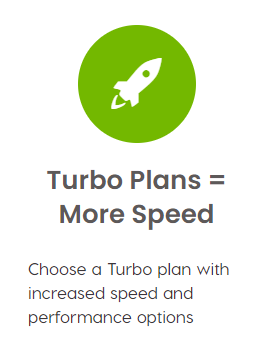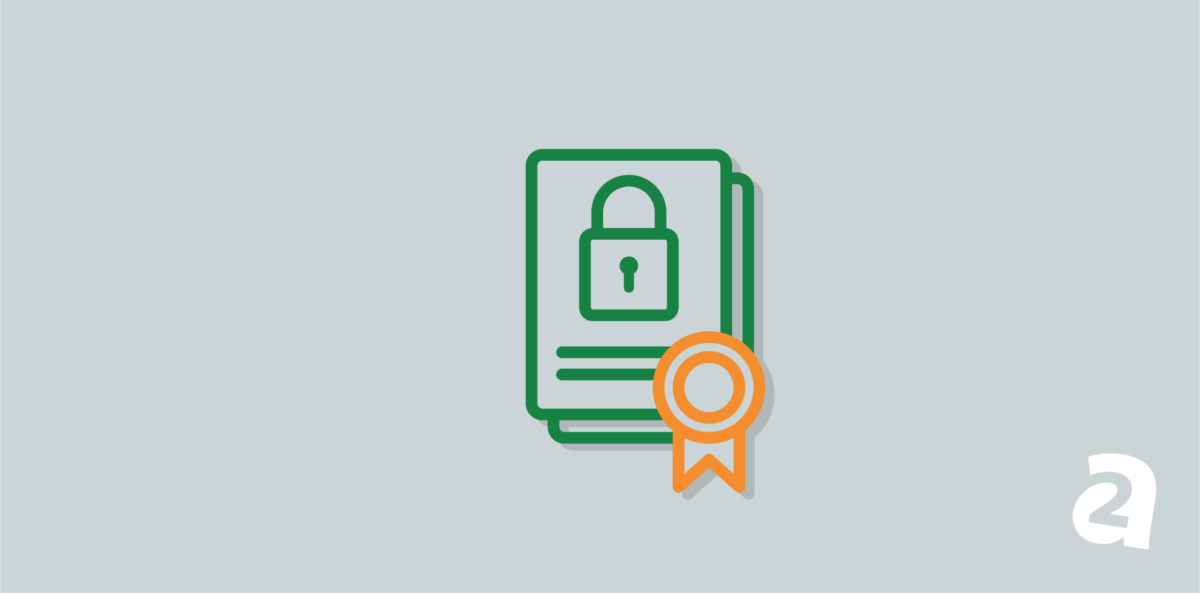- Jun 15, 2021
 0
0- by Paris Backston
When changing to a new hosting plan it’s always important to take into account all of the upgrades you will receive and how that will affect you and your site long term. We want to walk you through some of our most important Bare Metal Dedicated specs so you can understand exactly what you’re signing up for and how our dedicated servers can make a difference for your site.
Turbo or Non-Turbo?
One of the first questions to ask yourself: Do I need turbo? Adding Turbo to your plan gives you a series of features focused on getting the most out of the speed and performance of your server. Turbo plans come with:
- NVMe storage: Not only do NVMes speed up your site but they’re also electricity efficient. NVMe hard drives are 3X faster than SSD drives and more than 60X faster than traditional drives.
- 1.5-2X more RAM: RAM is the memory where your website’s data is stored and accessed by the CPU so your operating system can run efficiently. This makes RAM an important part of your website’s performance.
- Turbo Caching: Our turbo caching feature stores the entire HTML output of a page. This offers significant performance benefits as the page can be pulled up without running PHP each time.
NVMe vs SSD?
First of all, here’s the difference between SSDs and NVMes:
- Solid State Drives (SSDs): are a type of nonvolatile storage media. They allow you to store persistent data on flash memory. They increase read-write performance, have high transfer speeds, and have low latency rates.
- Non-Volatile Memory Express (NVMe): is a software interface for SSDs. It’s essentially a layer between your device drive and your PCI Express device that allows your PCIe to attach directly to the CPU. They provide a fast way to access flash memory.
Deciding on Upgrading:
- NVMes increase read speeds by up to 3X (how fast you can open files on your device) and write speeds (how long it takes to save something to your storage device). If you are willing to invest in speeding up your website using NVMe is one of our top tips on how to get there.
Managed vs Unmanaged?
- Managed Hosting: This means A2 Hosting will help take care of the back end of your site including monitoring your hardware, network, server software, and security. This is the perfect environment if you’re coming from one of our Shared or Managed VPS plans because you will get access to cPanel and support but with the resources of a Dedicated Server. Plus they have a root access option.
- Unmanaged Hosting: This is designed for users that are comfortable managing their sites with command line. Our Unmanaged BMD servers offer root access which will give you complete control over your OS environment. They also come with your choice of OS and managed hardware and network. Unmanaged hosting plans do also require an increased level of technical knowledge to administer effectively.
Backup Options
- CDP Back-Up: Our dedicated servers come with R1Soft Continuous Data (CDP) Backup solution. This will cover your server if there are ever any hardware failures or a user error. They provide continuous backup protection for single files, databases, full sites, and servers. This works by taking snapshots of your files, websites, and MySQL databases.
- Local Backup Drive: These offer fast access with continuous backups with an abundant amount of space.
Cores or Clock Speed?
- Higher Core Count: It would be beneficial to pick the plan with more cores if you are running many applications at once. Cores give your server a better ability to multitask and run different programs at once. They are best able to handle more concurrent users, visitors, and traffic.
- Faster Clock Speed: Clock speed is how fast a server can process data. Higher clock speeds increase the number of tasks a core can run through in a specific period of time. This helps with faster individual pages. It would be beneficial to pick a plan with a higher clock speed in conjunction with higher RAM if you need to run fewer applications faster. This choice can be better for smaller sites.
Dual CPU Advantages:
Having dual CPUs means your server is able to handle more requests and operations concurrently. It also means you will have faster processing options. Both AMD and Intel produce great CPUs, so it is down to customer preference. Some would recommend that AMD is a better choice for entry-level to mid-level users while Intel’s premium chip performs better due to its speed and efficiency. Intel tends to win marginally on speed while AMD is better at overclocking. AMD has a higher core count but Intel uses hyperthreading (meaning that one CPU can do twice as much work).
CPU Cache:
This is the memory that is part of a CPU. It holds instructions and data temporarily to increase load times. This is because it collects data that your CPU is likely to reuse over and over so your server doesn’t have to load every part of a site. The larger a cache is, the faster a site runs because the processor has to wait for fewer instructions to be fetched.


















